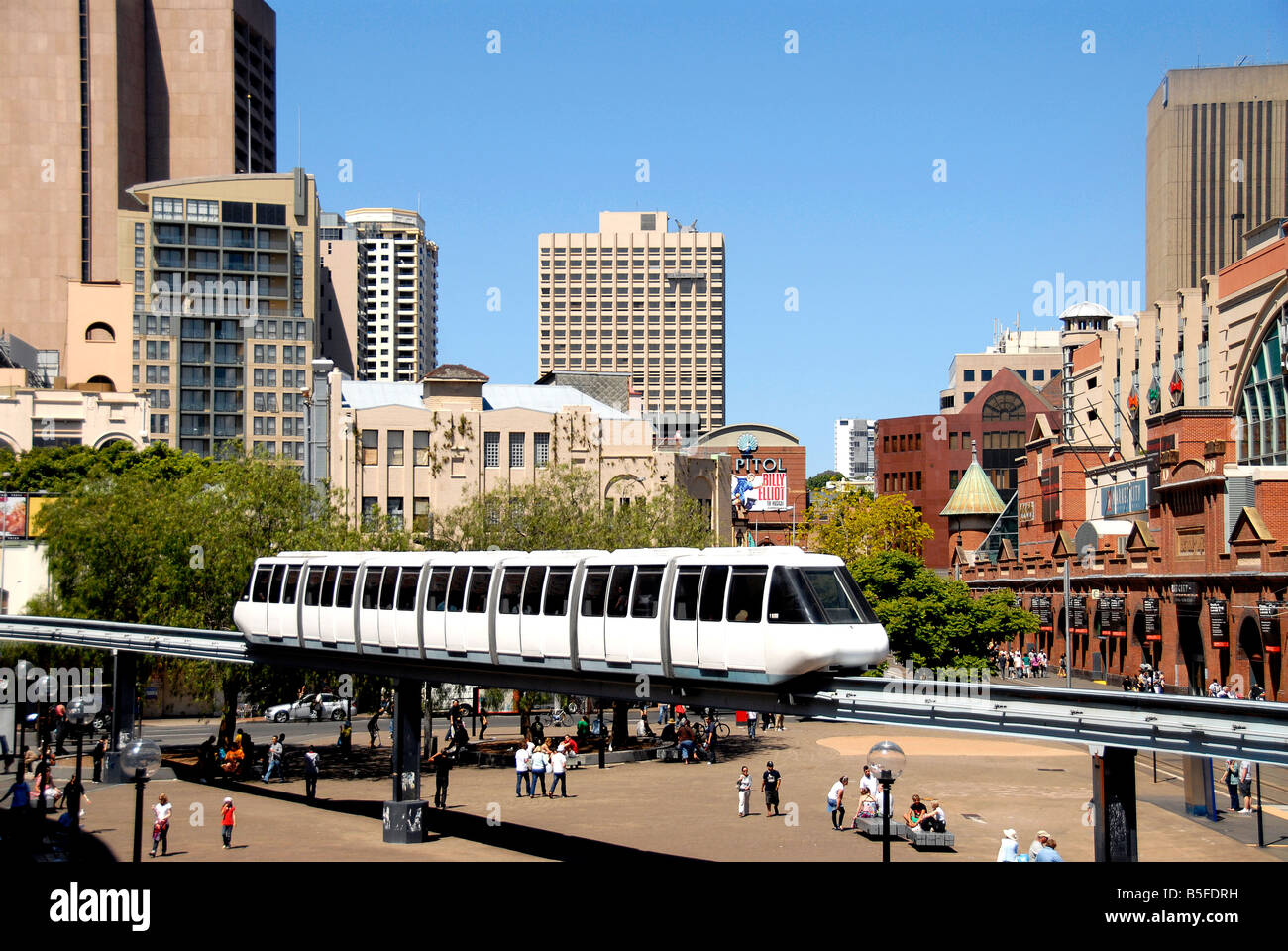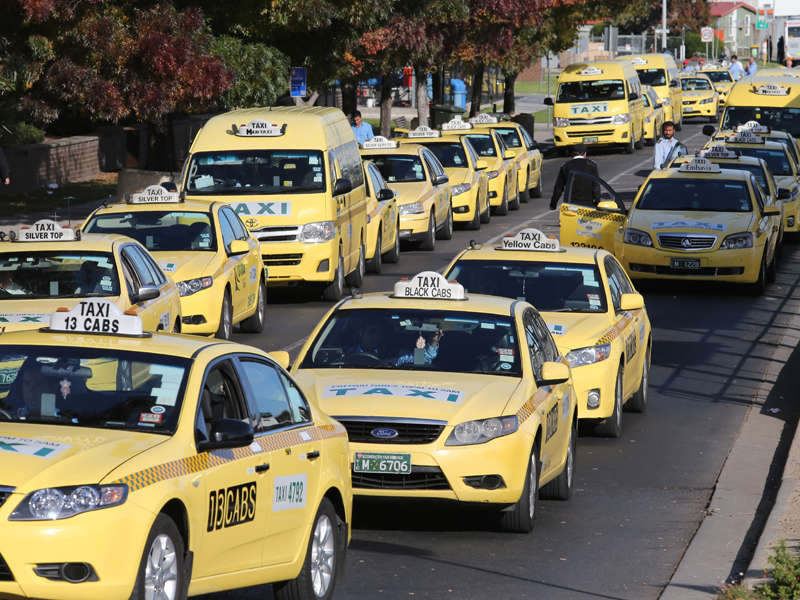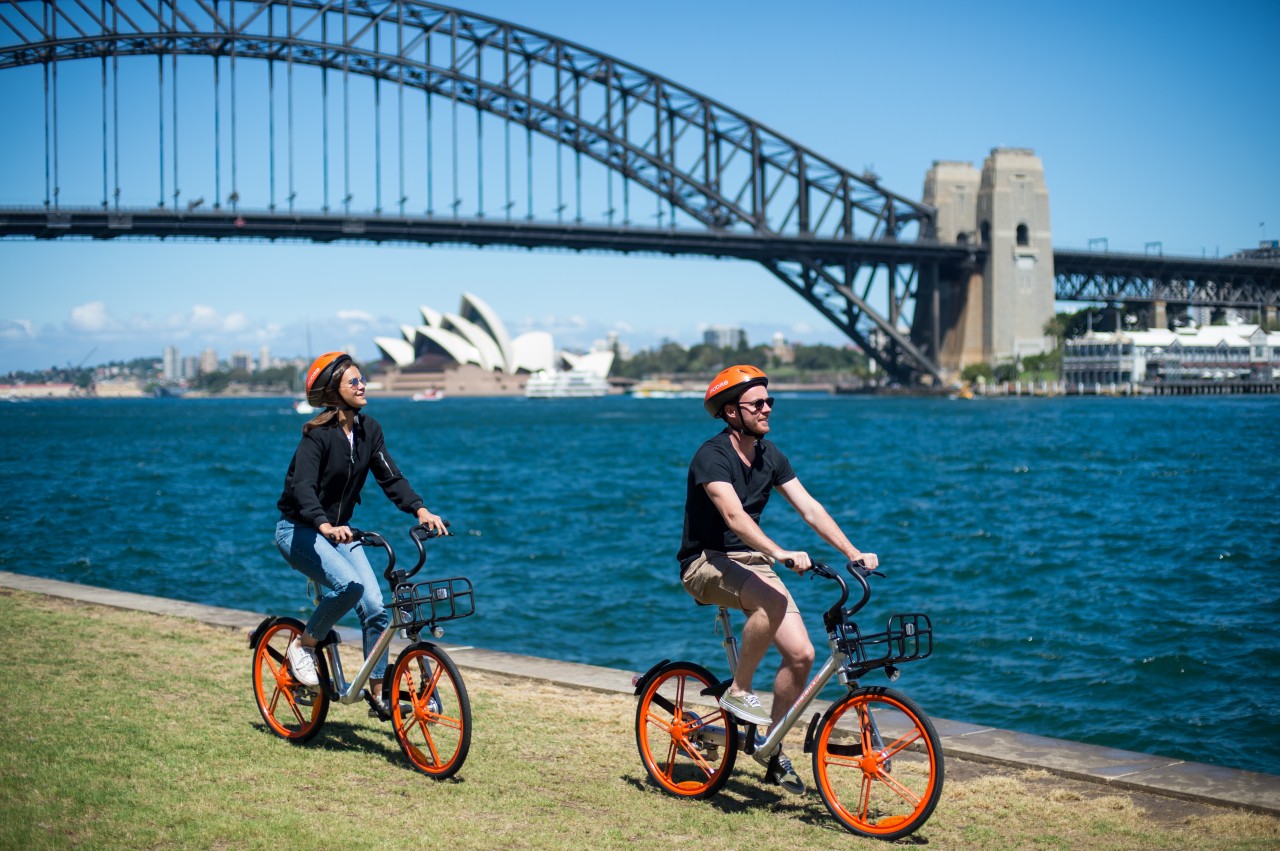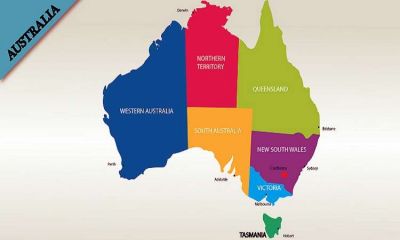TRANSPORTATION IN AUSTRALIA

International students in Australia will have many choices of means of transportation because the transport system in Australia is ranked among the most advanced and modern in the world.
1. TRAIN
Trains in Australia are very developed and are very convenient public transport for Australians. Normally, the bus schedules will be updated on the website of the city's Department of Transport.
There are many types of tickets you can choose from such as TravelTen, MyZone, MyMulti, etc. When buying tickets you should not use large denominations because the machine cannot pay you change. In addition, at train stations, there are always CCTV systems, so you can't do illegal things like buy discounted tickets for locals only or don't buy tickets, you will be fined 200 VND if you don't buy them. ticket. In Australia, there is a policy that if you buy a ticket before 7am, you will get a discount (off-peak)

Here are a few points to keep in mind:
• Pay attention to the announcements broadcast on the bus or station about changing stops or delaying that bus. It is necessary to carefully observe the electronic board at each platform about your next destination to avoid taking the wrong flight. Pay attention to the regulations on trains and buses.
• In different states, there are different policies on whether or not international students can receive preferential treatment. As in Queensland you will get reduced fares, but in New South Wales, international students must pay the full adult ticket for bus and train public transport. If you buy a concession ticket in New South Wales, you will be fined $100 for buses and $200 for trains.
• There are regular ticket checkers so you must keep your ticket with you
• If you buy a ticket that can be used more than once, it is important to note the number of times you have used it. Otherwise, you will be fined if you are found to have cheated.
2. TAXI
Taxi fare in Australia is quite expensive with a starting fee of about 3$AUS, the fare increases in the evenings, weekends and holidays. All taxis in Australia use meters according to regulations.
3. CAR
Australians drive on the left, contrary to the habit of driving in Vietnam. The maximum speed allowed is from 100 to 110km/h (62-68mph) in the suburbs and 60 km/h (35 mph) in residential areas. In addition, Australia is known for its strict speeding penalties. You need to pay attention to the driving regulations and the occupants of the vehicle must wear seat belts. Remember to find out that the minimum age to drive varies from state to state, but is typically 16-17 years old. Also, car rental companies may have an older age requirement. Australian driver's licenses are administered by the state government, and so the laws can vary from state to state. To drive in Australia, you need to have a driver's license in your state unless:
• You have a New Zealand license
• You currently have a foreign driver's license and you have previously held an Australian driver's license – the exact laws on this can be quite complex and vary from state to state
• You have a driver's license issued by another country – including countries in the European Union, Canada, the US and Japan – where the driving licensing system is similar to Australia's.

4. BUS – TRASH
In addition, Australia is different from Vietnam, buses are less popular and only circulate in certain places. Trams (trams) are used to move in central or near central areas. Trains are used to move between cities or from remote areas to the center.
The fare policy for international students in the states is also different. If in Perth and Brisbane, international students only need to study for more than 4 official weeks to enjoy the discount policy when using public transport (you can use a student card with Taylors College confirmation). as a discount card) in Sydney and Melbourne, international students do not receive a discount and must pay the same fare as adults. You should buy a weekly or monthly ticket because the cost will be cheaper than buying a trip ticket.
Particularly in big cities (such as Sydney), according to the regulations of the Department of Transport in Australia, you must buy a bus ticket before getting on the bus. Therefore, you should buy tickets available at convenience stores. And regularly go to traffic websites in Australia to catch bus trips.

5. MOTORCYCLE, BIKE
In Australia, people do not use motorbikes as a means of transport. Only the messengers who use motorbikes usually have flags and wear their own clothes
Bicycles are also a means of sport

Websites providing information about traffic issues in Australia
Melbourne
• Trains and Trams in Melbourne (Metlink Melbourne): http://www.metlinkmelbourne.com.au/
• Information about driving for newcomers and issuing driver's licenses for those coming from other countries (VicRoads): http://www.vicroads.vic.gov.au
Perth
• Trains, buses and ferries in
Perth (Transperth): http://www.transperth.wa.gov.au/
Sydney
• Trains in Sydney (Cityrail): http://www.cityrail.info
• Information for drivers from another country (public transport department) and a guide for drivers for drivers from another country: http://www.rta.nsw.gov.au/licensing/newtonsw/international_drivers.html
☞ SUPPORT FROM H&A
H&A understands the difficulties and obstacles of parents and students on the path to choosing a direction for the future.
H&A is always ready to accompany you, please contact us for support and answer any questions.
Free support services from H&A include:
✔Free study abroad consultation, economical solution
✔Advice on choosing the right school, major and course
✔Support to apply for admission, monitor progress, receive confirmation letter from school
✔Advice on accommodation, study abroad budget, support to book flight tickets, equip skills before leaving












